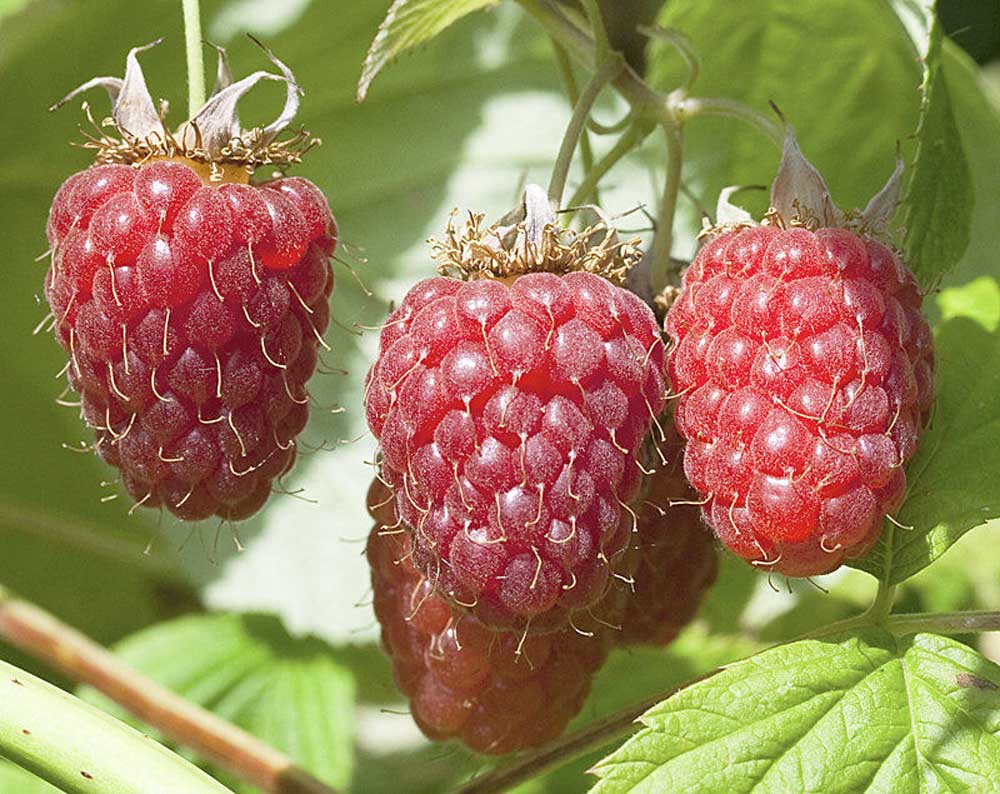Washington raspberry growers seek better trade figures
Published 5:00 pm Thursday, December 10, 2020

- Washington red raspberry growers are asking U.S. trade officials for more exact import data to confirm suspicions they are being undercut by foreign competitors.
The Washington Red Raspberry Commission has asked trade officials to more closely track raspberry imports, a step toward learning whether low-priced frozen berries from Mexico are undermining U.S. growers.
In a Dec. 7 letter to the U.S. International Trade Commission, the growers proposed that the tariff code for frozen raspberries be refined to distinguish between individually quick frozen berries, frozen blocks and juice stock.
The raspberry commission blames falling prices on a large but undocumented amount of subpar Mexican berries being diverted from the fresh fruit market and sold in frozen blocks at fire-sale prices.
Current trade figures don’t have enough detail to prove the claim, according to the red raspberry commission. The three frozen raspberry products are different, but are imported under the same tariff number.
“Accordingly, import and price trends derived using this (tariff) number do not accurately reflect the market conditions for any of these particular subtypes of frozen raspberries,” the commission stated.
Raspberry growers made the proposal in final comments to the trade commission, which is conducting a fact-finding investigation requested by U.S. Trade Representative Robert Lighthizer.
The farmers, mostly in Whatcom County near the Canada border, sought the investigation. They supply most of the red raspberries grown in the U.S. that are frozen right after being picked.
The growers say trade figures fail to explain the oversupply of frozen fruit they’re seeing in the market. Prices are so low that some farms are unprofitable, according to the commission.
The fact-finding investigation, due to be completed in June, won’t make any policy recommendations, but could provide information to support an anti-dumping claim.
The trade commission doesn’t comment on ongoing investigations, a spokeswoman said.
In its final written comments, Aneberries A.C., an association of Mexican producers and exporters, said their members are focused on the fresh fruit market.
Aneberries said it estimates less than 10% of the raspberries grown in Mexico are frozen. Most are individually quick frozen and not frozen in blocks, according to Aneberries.
The red raspberry commission also says it’s concerned about imported berries from Canada and Eastern Europe. It calls blocks of frozen raspberries from Mexico particularly disruptive.
“What we are asking for is fair prices on imports. That’s the point of what we’re trying to get across,” raspberry commission Executive Director Henry Bierlink said.
J.M Smucker Co. also weighed in, asking the trade commission to not disrupt the international flow of red raspberries. “We respectfully urge the maintenance of flexibility of sourcing red raspberries globally,” the Ohio-based company said.







